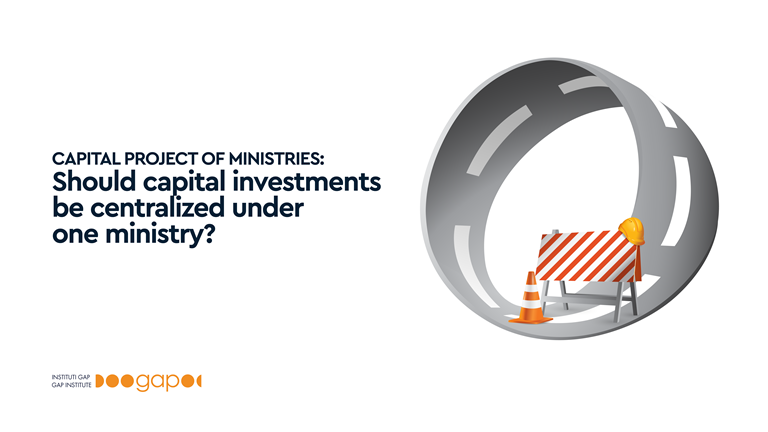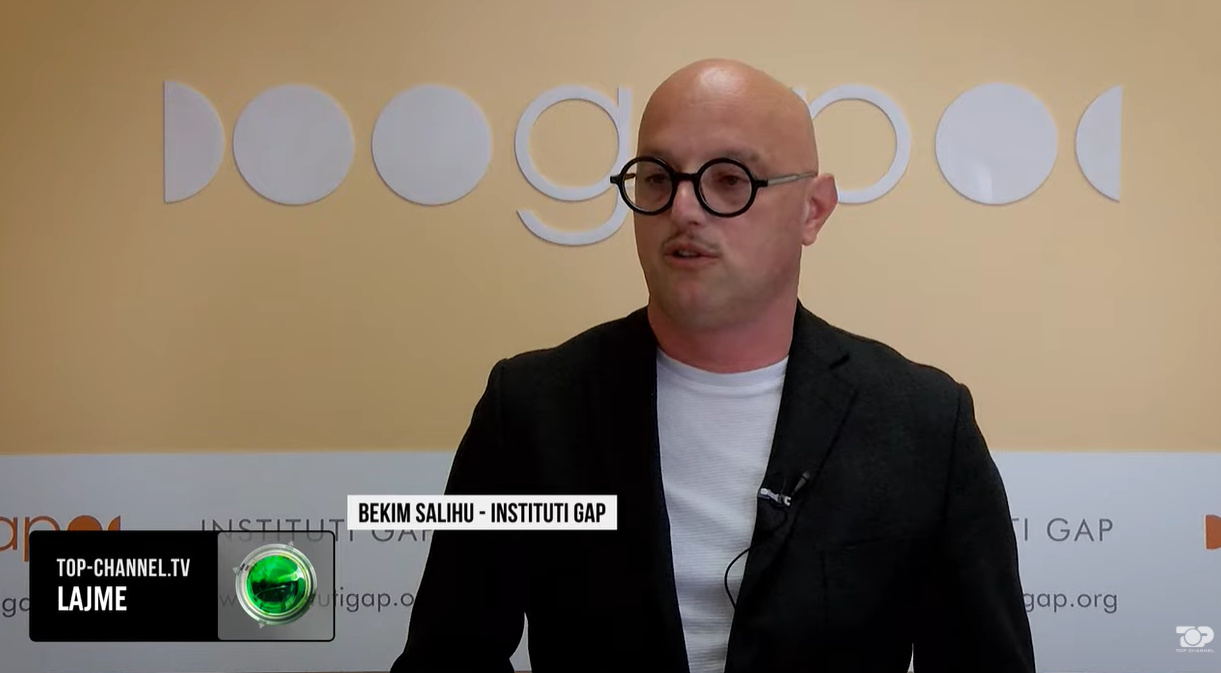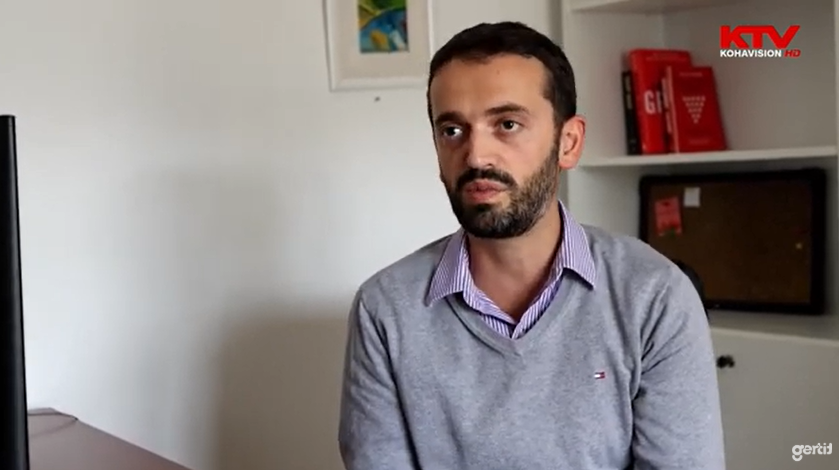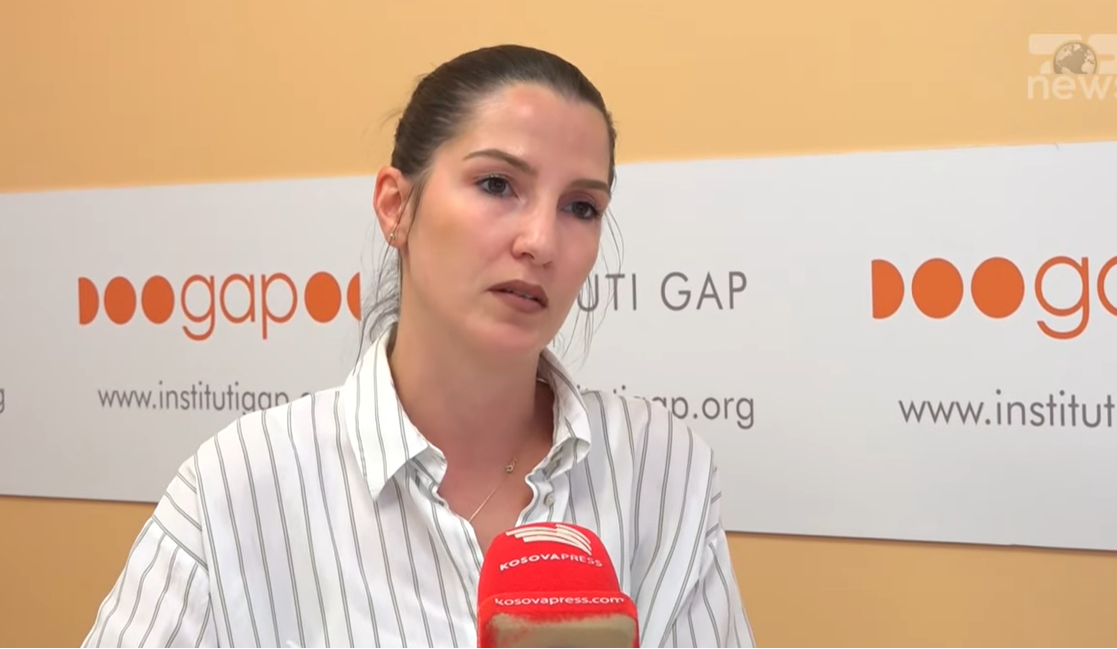Capital Projects of Ministries: Should capital investments be centralized under one ministry?
11/07/2023
Today, GAP Institute published the analysis Capital Projects of Ministries: Should capital investments be centralized under one ministry?
Ministries, just like the majority of budgetary organizations, allocate budgets for capital projects every year. Capital investments require a supporting administrative structure, starting from procurement officials, offices, supervisory officials, etc. In 2023, the budget of the ministries for capital investments amounts to 569.4 million euros, which constitutes 18% of Kosovos annual budget. Out of this amount, 265.7 million euros (47% of the budget) is allocated for road construction, new facilities, and the renovation of existing structures.
Despite the existence of a dedicated ministry for infrastructure projects in all governments, many ministries consistently invest in infrastructure projects. For example, with the 2023 Budget, four different ministries have included projects for road and pavements construction. In addition to the Ministry of Education, the Ministry of Internal Affairs will also be involved in school construction.
There are no criteria for the number of procurement officials based on the amount of capital investments. While the budget of the Ministry of Environment and Spatial Planning for capital investments is 98 times higher than the budget for capital investments in the Ministry for Communities and Returns, both ministries employ five procurement officials.
To enhance efficiency and effectiveness in capital project implementation, increase the quality of investments, and better coordinate and complete capital projects, GAP Institute recommends considering the option of leaving all infrastructure projects under the responsibility of a single ministry, and transfer procurement and monitoring officials to that ministry. Such examples also exist in other countries, such as in Albania or the UK.
To read the full analysis click here.















